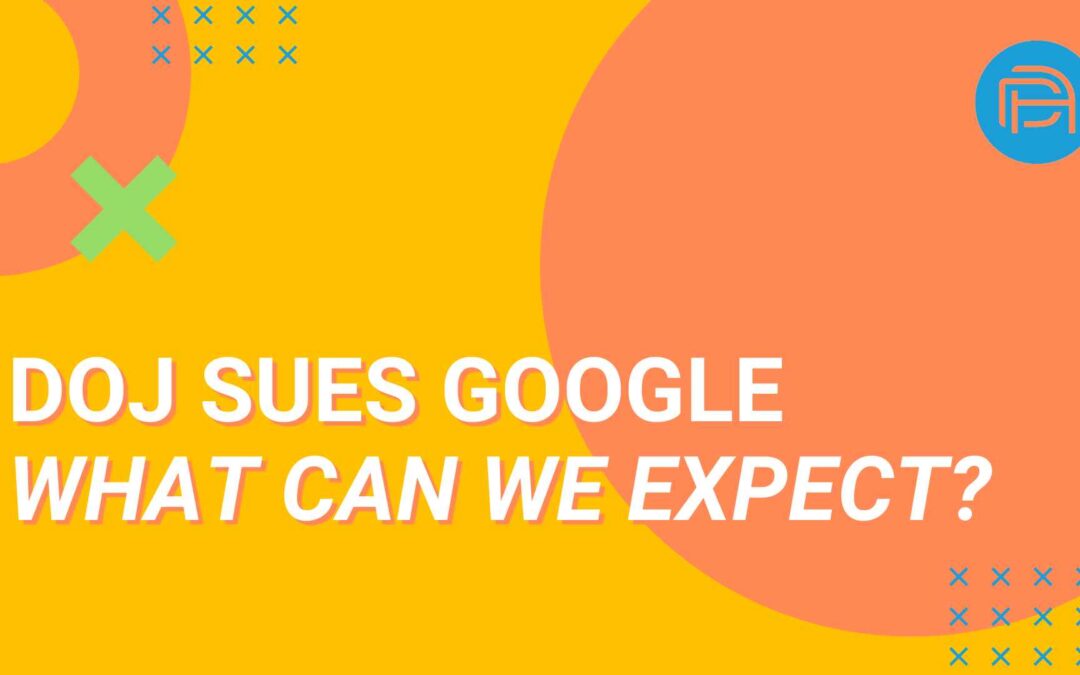What’s the situation?
In January, the Department of Justice (DOJ) filed a lawsuit against Google, alleging that they are engaging in anti-competitive behavior and abusing their dominant market position in the online ad industry. Google is often viewed strictly as a search engine, but the company makes the majority of their money through their ad business, with more than 80% of the company’s revenue coming from Google Ads. In the publisher ad server market, Google AdX exchange networks holds 90% market share. This aligns with their business model to be the buyer, seller, & the middle man, allowing the network to have control over all areas. This dominance is the core issue of the DOJ’s lawsuit against Google. The government argues that Google’s control over the ad industry is stifling competition and hurting consumers.
What is Google’s reaction?
Google argues that its advertising technology products help publishers make money and provide cost-effective advertising for businesses. They explain that the use of these products is not mandatory, but rather a choice made by publishers and advertisers. Dan Taylor, Google VP, states “We are one of hundreds of companies that enable the placement of ads across the Internet. And it’s been well-reported that competition is increasing as more and more companies enter and invest in building their advertising businesses.” Additionally, publishers who choose to use Google advertising platforms keep the vast majority of revenue that Google tools help them facilitate. Google worries that the lawsuit will harm the wider advertising sector, reversing 15 years of innovation, and they plan to contest it.
What is the timeline?
Google faces three lawsuits from different groups of states and the U.S. Department of Justice regarding antitrust issues, which won’t go to trial until late 2023 (with a tentative date set on September 12, 2023), although these types of trials could be delayed months or even years. Once it begins, the legal process could last between 5 to 12 weeks. Google’s business is likely to remain in the spotlight for several years and any mandates ordered by the court would also take several months to implement. In the short-term, this is good news for investors who don’t have to worry about immediate structural changes that could hurt the company’s value. In the long-term, Google may start to be more cautious about entering new business areas or making big acquisitions.
What does this mean for marketers?
For now, this announcement does not change anything for marketers. Decades of precedent suggest that this case will be decided based on if prices for consumers increase, which favors Google due to their free services. If the lawsuit is successful, it will bring significant changes to the online advertising industry. On the agency side, we could see positive impacts resulting from this case starting with lower costs for advertisers as the diversification of buyer & seller increases. We also will start to see improvements in technology and automation as competitors start to become key players in the ad exchange sector.
This will be a key topic of conversation across the marketing industry in 2023. Connect with us by reaching out to [email protected] to stay tuned!
Lauren Drogy, Senior Search Analyst, Direct Agents
References
Vox Podcast
The Journal Podcast, WSJ
Pivot Podcast, Scott Gallaway & Kara Swisher
The Vergecast Podcast
Search Engine Journal, 8 States vs. Google: A Closer Look At the DOJ’s Antitrust Lawsuit

